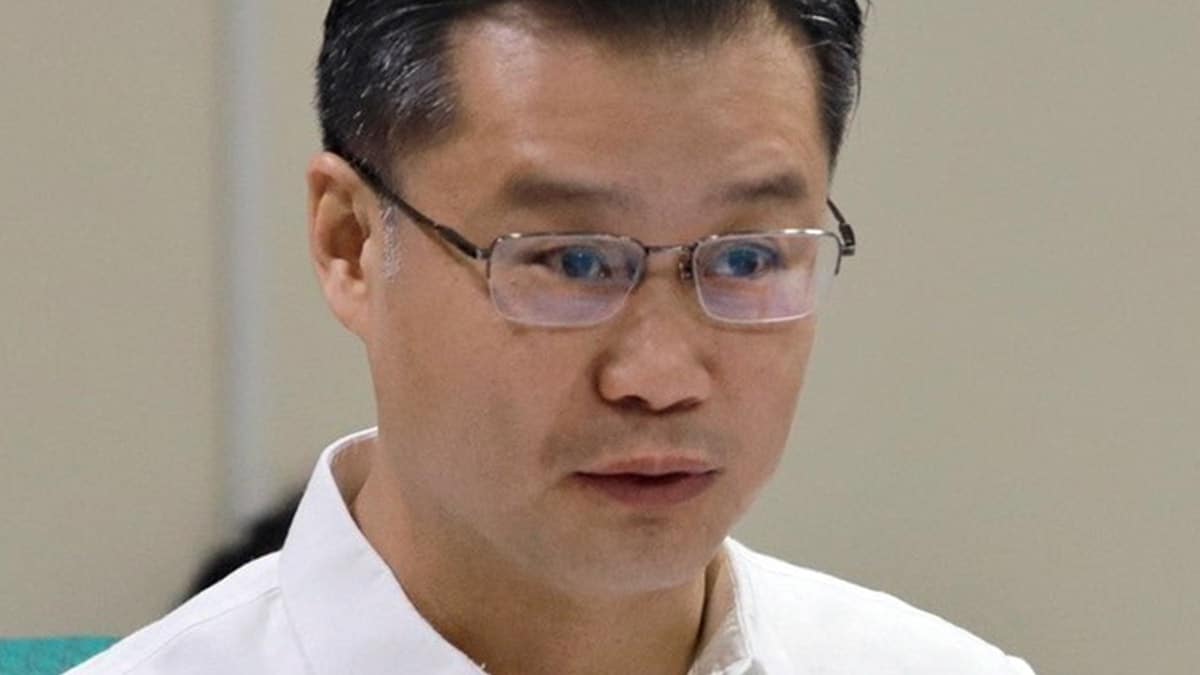Gatchalian wants bigger PAOCC budget vs Pogos
MANILA, Philippines — Sen. Sherwin Gatchalian has vowed to push for an increase in the budget of the Presidential Anti-Organized Crime Commission (PAOCC) to support the agency’s efforts against Philippine offshore gaming operators (Pogos).
“I commend the PAOCC for leading numerous raids against Pogos in the last few months. Unfortunately, their manpower complement is not sufficient to sustain further operations,” he said in a statement.
“We want to give bigger funds to PAOCC so it can increase its personnel, equipment, and other support it needs in order to strengthen its operations and ensure a fast and effective response to cases,” he added.
READ: PAOCC’s next target: Find Pogo hub ‘graves’
The senator has yet to propose a specific increase for PAOCC’s budget. Nevertheless, he said it was crucial for the agency to sustain its drive against Pogos for the executive branch to effectively implement the President’s directive to completely ban Pogos by the end of the year.
Article continues after this advertisement“We need to prepare for any eventuality, including the possibility that some of these Pogos might operate underground,” he said.
Article continues after this advertisementIllegal operations
The PAOCC was behind some of the recent major raids in Pogo hubs involved in criminal activities, including those in Bamban, Tarlac, and Porac, Pampanga.
Hundreds of Filipinos and foreign nationals, some apparently kidnapped and tortured, were rescued during the raids, while several foreigners were arrested.
Gatchalian noted that currently, 41 entities have existing internet gaming licensees (IGLs) from state-run Philippine Amusement and Gaming Corp. (Pagcor).
However, about 250 Pogos could be operating without licenses and could be involved in various criminal activities, according to Pagcor.
PAOCC Executive Director Gilbert Cruz, during a recent Senate hearing on Pogos, disclosed that an executive order implementing the total ban on illegal gaming operations was expected to be released this month.
President Marcos announced a total ban on Pogos, now referred to as IGLs, during his third State of the Nation Address in July.
“Disguising as legitimate entities, their operations have ventured into illicit areas furthest from gaming, such as financial scamming, money laundering, prostitution, human trafficking, kidnapping, brutal torture, [and] even murder. The grave abuse and disrespect to our system of laws must stop,” Marcos had said.
Permanent ban
But despite the President’s order, some senators still filed separate anti-Pogo bills to prevent these gaming operators from returning to the country in the future.
Gatchalian filed Senate Bill No. 2689, which seeks to repeal the taxability of offshore gaming in the country as provided by Republic Act No. 11590, the only law that legitimizes Pogo operations.
Senators Joel Villanueva and Alan Peter Cayetano are also pushing for the passage of Senate Bill Nos. 63, 1281 and 2752, which all seek to prohibit not only Pogos but all forms of online gambling in the country.
While he expressed intent to push for an increase in the PAOCC’s budget for 2025, Gatchalian, in a previous statement, said he would challenge the intelligence funds of the country’s law enforcement agencies because of an apparent intelligence failure related to the escape from the country last July of Guo Hua Ping, also known as Alice Guo, and her relatives and business associates.
Failure of intelligence
“There were definitely shortcomings by our law enforcement agencies when it comes to intelligence. Once we deliberate on their budgets for 2025, I will definitely ask these agencies how their intelligence funds are being spent and how they build an efficient intelligence network,” Gatchalian warned.
According to him, the intelligence community should have detected the whereabouts of Guo, who was arrested in Jakarta, Indonesia, on Sept. 4 and was flown back to the country on Sept. 6.
The dismissed mayor of Bamban, Tarlac, who fled the Philippines on July 18, was linked to illegal Pogo activities in her town.
“What happened to the network established by the enforcement agencies? … Whether there was collusion or a failure of intelligence, there should be accountability on this issue,” Gatchalian said.
